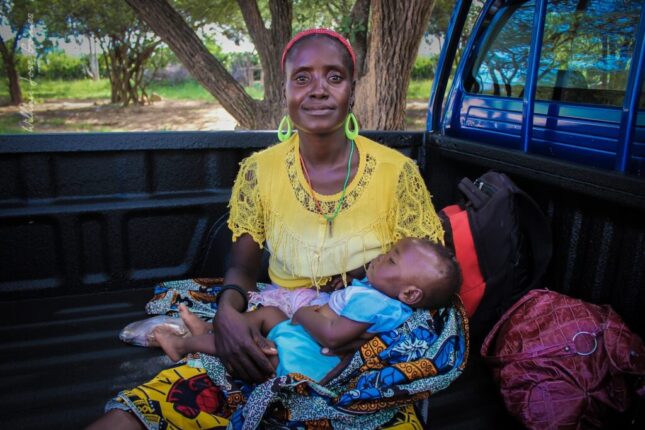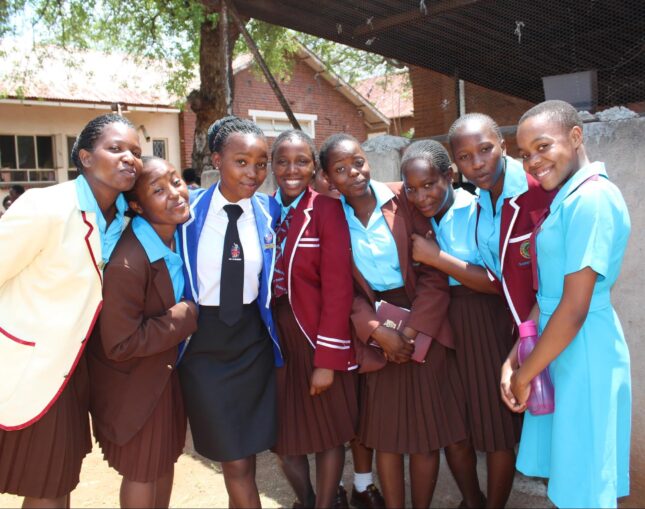-
Environmental Security Weekly Watch: August 18-22, 2025
›
A window into what we’re reading at the Stimson Center’s Environmental Security Program
Bolivian Presidential Vote Raises Environmental Concerns (Associated Press)
Bolivia’s presidential runoff election on October 19 between centrist Senator Rodrigo Paz and right-wing former president Jorge “Tuto” Quiroga has seen both candidates promise change. Yet Indigenous and environmental leaders remain skeptical that either hopeful will effectively address Bolivia’s severe environmental crises.
-
Will the Global Plastics Treaty Safeguard Health?
›August 13, 2025 // By Dr. Philip J. Landrigan
Global plastic production is increasing almost exponentially. Not only has it grown 250-fold since the 1950s, but it is on track to double by 2040, and nearly triple by 2060. The waste associated with its creation has accumulated in parallel. An estimated 8 billion metric tons of discarded plastic now pollute the planet, breaking down into micro-and nanoplastic particles (MNPs) that are ubiquitous in the environment.
-
Environmental Security Weekly Watch | July 14-18
›
A window what we’re reading at the Stimson Center’s Environmental Security Program
The World’s Children Face the Most Severe Impacts from Wildfire Smoke (Mongabay)
Evidence of the alarming impacts of wildfire smoke on child health is growing. Children’s developing lungs, faster breathing rates, and greater outdoor exposure make them uniquely vulnerable, and the threat is intensifying as wildfires grow more extreme, incinerating not just forests but urban areas, releasing toxic heavy metals and chemicals.
-
2024 Dot-Mom Guest Contributor Highlights
›
The Dot-Mom column of the Environmental Change and Security Program’s New Security Beat blog serves as a platform for diverse perspectives and insights from global experts in maternal and global health, gender equality, and peace and security. In 2024, the Dot-Mom column, hosted by the Wilson Center’s Maternal Health Initiative, was marked by an incredible number of guest contributor articles.
-
Kangaroo Mother Care: A Critical Role in Welcoming the Tiniest Lives
›
“When babies are born early, they actually are not prepared to be in an environment that’s below [the temperature] of the human body, and they have to start pulling calories to be able to keep their body temperature at 37 degrees Celsius,” said Dr. Ann Hansen, a neonatologist at the Neonatal Intensive Care Unit at Boston Children’s Hospital and Founder of the Global Newborn Solution during a recent event held in commemoration of World Prematurity Day. “To keep them in what we call a thermal neutral environment, they need to have an external heat source.”
-
Swachh Bharat Mission: Intended and Unintended Consequences
› Open defecation (OD) has been demonstrated to be a major contributing factor to poor health, resulting in adverse social and economic impacts due to work and educational disruptions. Despite various policy-driven efforts since 1954 to eradicate OD, it remains highly prevalent in India—especially in rural areas where there is a lack of toilets. A survey conducted in 2012 revealed that 60% of rural households (and 9% of urban households) had no toilet access. India’s open defecation rate of 40% was one of the highest in the world—more than three times the global average of 12%.
Open defecation (OD) has been demonstrated to be a major contributing factor to poor health, resulting in adverse social and economic impacts due to work and educational disruptions. Despite various policy-driven efforts since 1954 to eradicate OD, it remains highly prevalent in India—especially in rural areas where there is a lack of toilets. A survey conducted in 2012 revealed that 60% of rural households (and 9% of urban households) had no toilet access. India’s open defecation rate of 40% was one of the highest in the world—more than three times the global average of 12%.
-
Obstetric Violence in Sub-Saharan Africa: The Struggle for Dignified Maternal Care
›
In August 2013, Josephine Majani, a mother of three from Bungoma County in Kenya, endured a harrowing birth experience. Despite her repeated pleas for help during labor, the nurses in the hospital ignored her. She struggled to walk to the labor ward while in intense pain, but all of its beds were occupied. Majani was forced to give birth on the cold concrete floor. Subsequently, nurses there subjected her to verbal and physical abuse—even making her carry her placenta back to the labor ward.
-
World AIDS Day: Center Women and Girls to Eradicate AIDS
›
Over the last four decades, contracting HIV has been transformed from a fatal diagnosis to a manageable chronic illness. Political will and financial commitments have reduced new HIV infections worldwide by 39 percent since 2010. However, much work still is needed to meet global targets of preventing new cases of HIV and reducing AIDS-related deaths. Marginalized communities, including women and girls, face countless barriers which hinder progress towards comprehensive HIV prevention across the planet.
Showing posts from category global health.



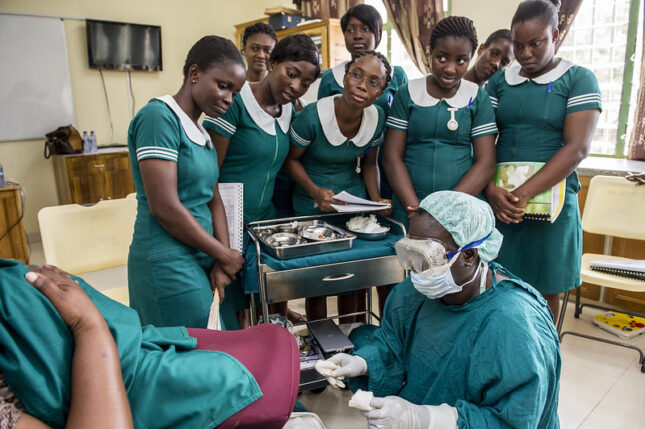
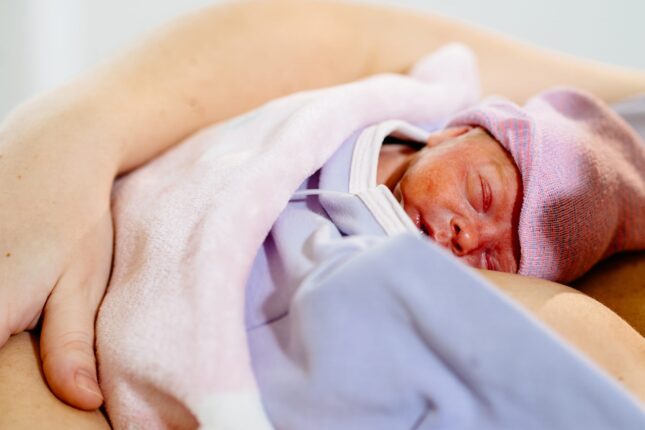
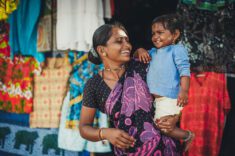 Open defecation (OD) has been demonstrated to be a major contributing factor to poor health, resulting in adverse social and economic impacts due to work and educational disruptions. Despite various policy-driven efforts since 1954 to eradicate OD, it remains highly prevalent in India—especially in rural areas where there is a lack of toilets. A survey conducted in 2012 revealed that 60% of rural households (and 9% of urban households) had no toilet access. India’s open defecation rate of 40% was one of the highest in the world—more than three times the global average of 12%.
Open defecation (OD) has been demonstrated to be a major contributing factor to poor health, resulting in adverse social and economic impacts due to work and educational disruptions. Despite various policy-driven efforts since 1954 to eradicate OD, it remains highly prevalent in India—especially in rural areas where there is a lack of toilets. A survey conducted in 2012 revealed that 60% of rural households (and 9% of urban households) had no toilet access. India’s open defecation rate of 40% was one of the highest in the world—more than three times the global average of 12%.
